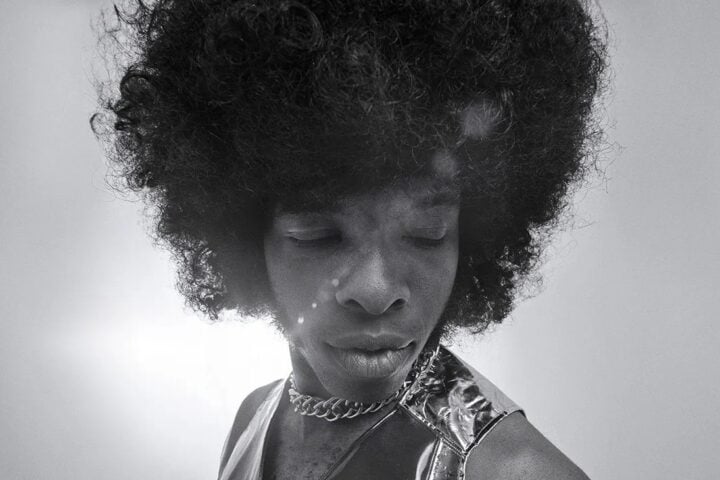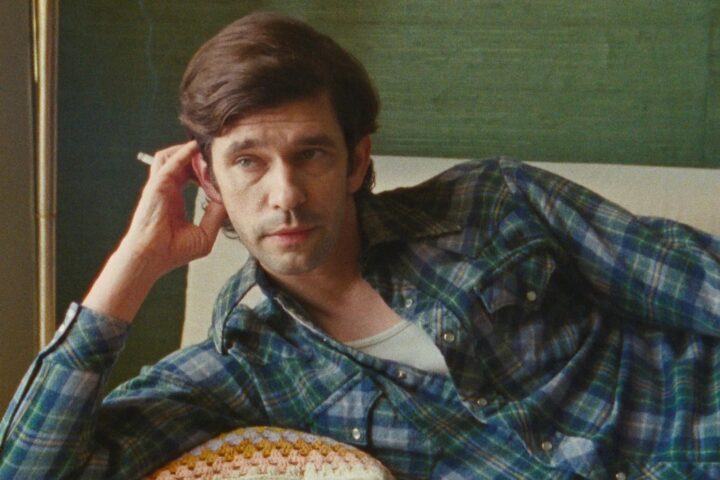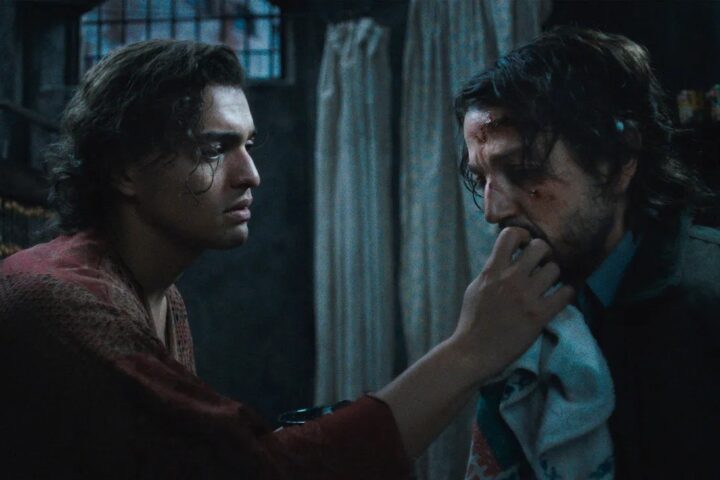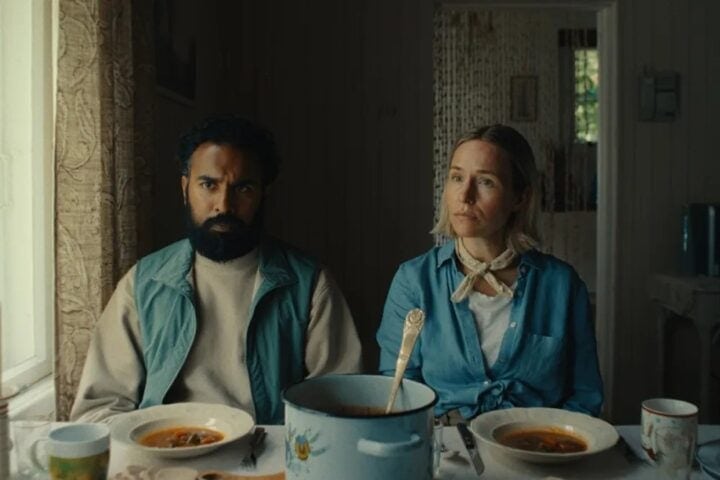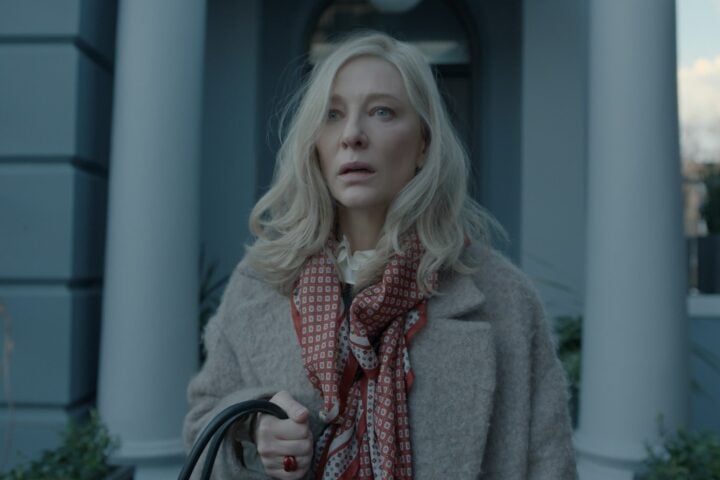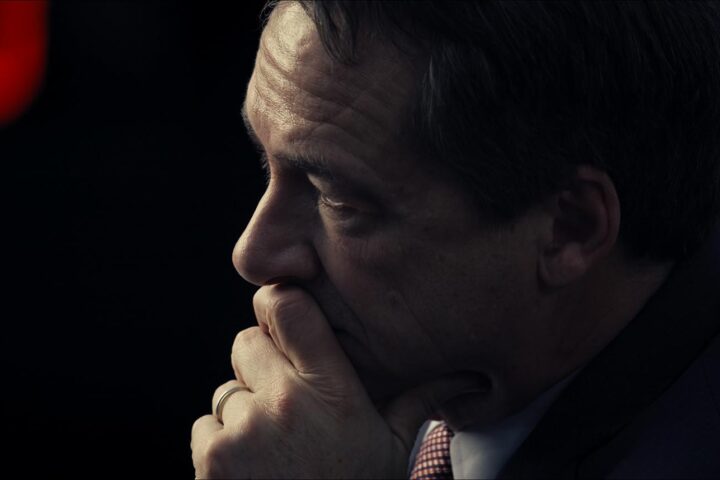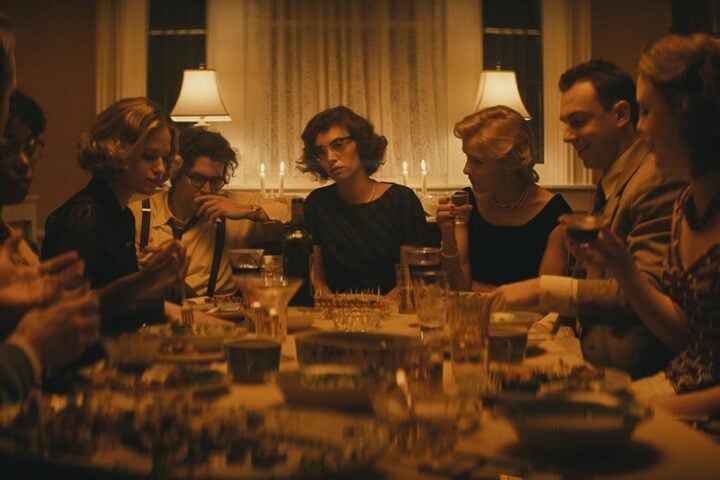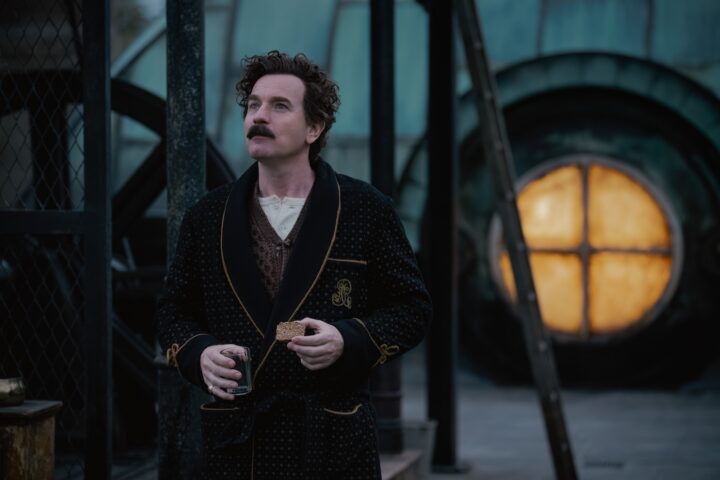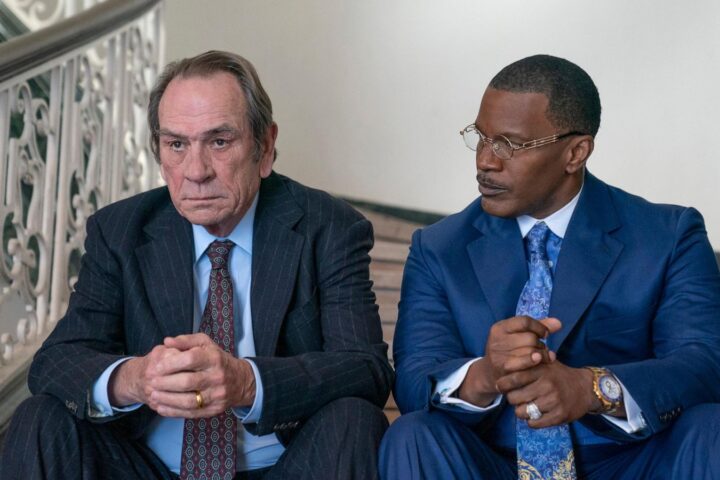The film has more on its mind than charting the rise and fall of another troubled icon.
The film attests to Hujar’s devotion to exploring the relationship between high and low culture.
The film scatters itself across multiple plot angles that confuse more than clarify.
The musical is lesser Kander and Ebb, but it still contains a critique that’s barely visible here.
If all that it had going for it was its gonzo concept, the film would be a pretty dire affair.
At times, the series feels like a thriller straining toward a more elevated fiction.
The film suggests Dungeons & Dragons for political science and national security nerds.
The film is a loving, personal tribute to the filmmaking duo known as the Archers.
The O’Connor of Wildcat is a contentious outsider who seems ill at ease in her own skin.
The film is at once among Allen’s most economical works and one of his most free-spirited.
This romanticized series mostly suggests rather than shows the horrors of a totalitarian regime.
The film builds on a docudrama realism while also reaching toward the mythological.
The film’s humor is a clenched-fist assault on runaway greed and systemic corruption.
Sam and Andy Zuchero’s film suggests a Pixar film by way of Stanley Kubrick.
Eisenberg’s film doesn’t embrace easy answers or platitudes.
The Crime Is Mine draws on the same giddily rules-trampling pre-war mood as Chicago.
The film is a celebration of people’s desire for everything that’s beautiful and fleeting in life.
The excitement that the film tries to generate for its main characters is disturbingly glib.
This flashy legal melodrama is too flabby to deliver the walloping blow that it needs.
Threaded alongside the show’s meta commentary was a poignant look at loneliness and purpose.

